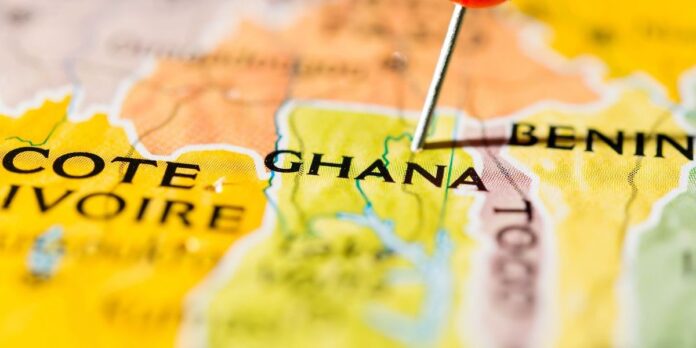Introduction to Ghana’s Gold Mining Industry
Ghana, Africa’s largest gold producer and the sixth largest gold producer globally, has long struggled to translate its mineral wealth into broad-based economic prosperity. The government has introduced a new policy aimed at capturing more value from gold production, especially from the artisanal mining sector, which contributes nearly US$5 billion annually in exports.
New Framework for Gold Trade
The new framework centralizes authority over gold purchasing, selling, and exporting under the Ghanaian government agency, GoldBod. Foreigners may still apply to off-take gold through GoldBod, but are now barred from any direct participation in Ghana’s internal gold value chain. Any person or entity operating without a GoldBod-issued license after the specified date would be committing a punishable offense.
Government Investment in GoldBod
In March, Finance Minister Cassel Ato Forson said the government had allocated US$279 million to GoldBod to purchase and export at least 3 metric tons of gold per week from artisanal mining operations. Transactions will be conducted exclusively in Ghanaian cedis and priced based on rates from the Bank of Ghana. The government hopes this mechanism will help increase foreign exchange inflows and stabilize the depreciating national currency.
Crackdown on Illegal Gold Trade and Foreign Involvement
The new law could also serve as a mechanism to limit avenues for illicit gold sales and environmental degradation caused by illegal mining, known locally as galamsey. Illegal gold mining has become a flashpoint in Ghana’s political and environmental discourse. Fueled by soaring global gold prices, rising youth unemployment, and weak enforcement, galamsey has led to extensive deforestation, mercury pollution, and the contamination of over 60 percent of the country’s water bodies. Chinese nationals have been widely implicated in the galamsey trade, frequently operating alongside local actors and allegedly flouting environmental and labor regulations.
Impact on Ghana’s Mining Giants
The policy shift comes amid broader changes in Ghana’s gold mining landscape, which is home to some of the world’s largest mining firms. However, as large-scale mining companies did not have their licenses revoked, such firms should not be affected by the new legislation. Publicly traded companies mining and exploring for gold in Ghana include:
- Kinross Gold, which operates the Chirano mine, producing 166,000 ounces in 2020.
- Galiano Gold, which operates the Asanko gold mine.
- Gold Fields, which operates the Tarkwa gold mine.
- Asante Gold, which operates the Chirano and Bibiani gold mines.
- Newcore Gold, which is advancing its 100 percent owned Enchi gold project.
Gold Fields’ Damang Mine to Close
In a separate but related development, South Africa-based Gold Fields is ceasing operations at its Damang mine in Ghana after the government rejected its application for a lease renewal. Mining at Damang had already ended in 2023, and the mine was processing only stockpiles, but Gold Fields had sought an extension as part of its end-of-life plan.
Conclusion
Ghana’s new gold policy aims to increase fiscal revenues, limit illegal gold sales, and reduce environmental degradation. While the policy shift may have implications for foreign involvement in the gold trade, large-scale mining companies with valid licenses should not be directly affected. The government’s efforts to capture more value from gold production and stabilize the national currency are critical steps towards translating Ghana’s mineral wealth into broad-based economic prosperity.

